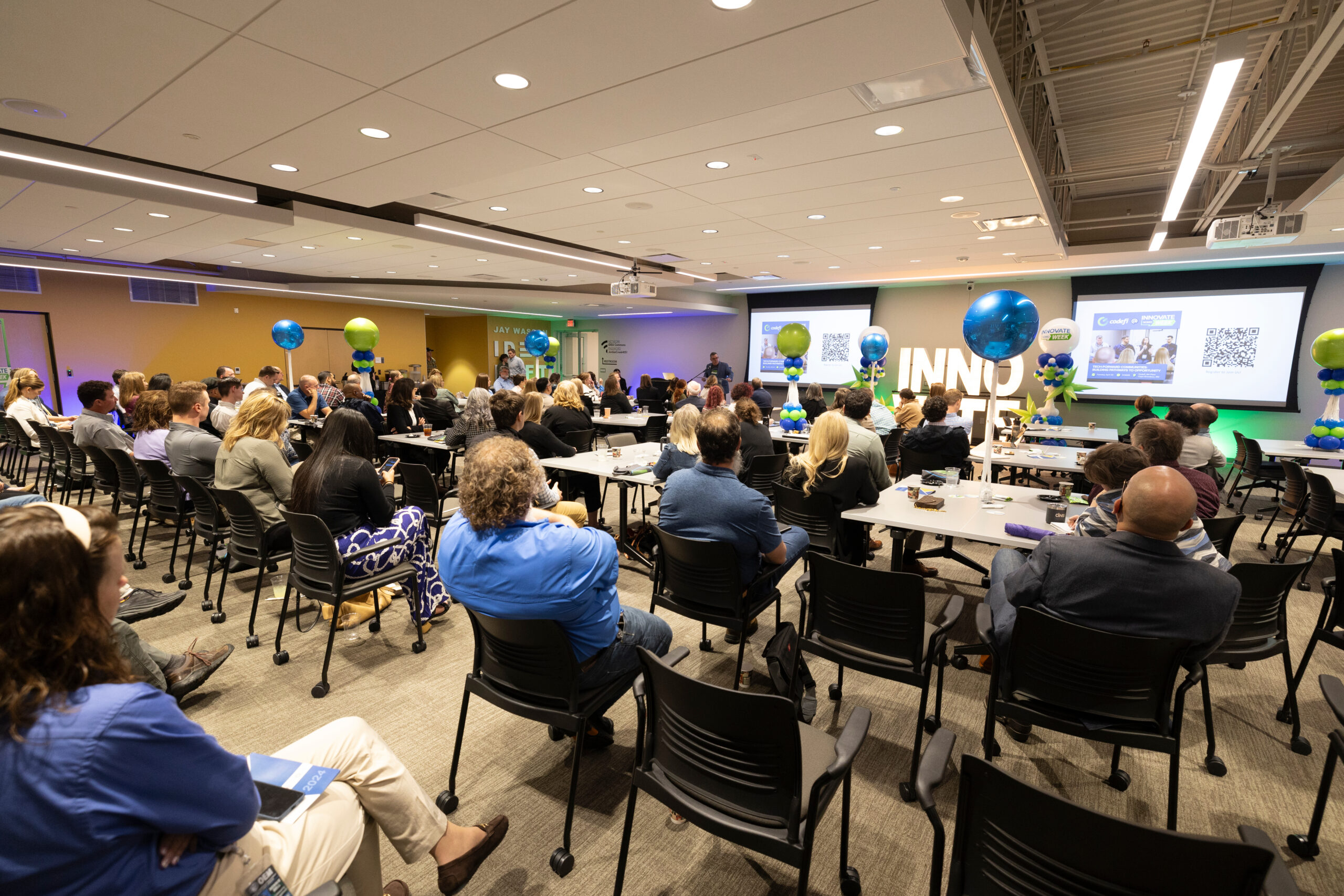By Tyler Drenon | Editor Pitt Technology Group
This isn’t just another tech fad. What’s unfolding right now with artificial intelligence is reshaping how we live and work. In some ways, it is reminiscent of the dot-com boom of the late ’90s: chaotic, overhyped, misunderstood, and completely unavoidable. Back then, the internet felt optional…until it wasn’t. The businesses that ignored it spent the next decade scrambling to stay relevant.
AI is on the same trajectory. Behind the buzz is a foundational shift in how work gets done, who does it, and what skills matter. The tools are already here: predictive analytics for forecasting issues, image recognition for spotting defects, and generative apps that write, design, or assist on command. And this shift isn’t confined to Silicon Valley. It’s happening right here in Springfield.
Let’s Talk About Jobs
The first question people ask: will AI take our jobs? It’s not an unreasonable concern. Microsoft recently laid off thousands of coders and middle managers in a move it called “de-layering for AI.” That’s a clear signal. Even technical, white-collar roles are vulnerable if they’re based on repetition. But the opposite is also true. Klarna replaced its customer support with chatbots,
then walked it back and rehired humans. Turns out, people still prefer people when empathy and nuance matter. AI is great at routine. But it stumbles with judgment, persuasion, and unscripted moments. That’s where humans win.
Soft Skills Are Hard Currency
As AI handles more predictable, repetitive work, people skills will matter more than ever. Leadership, mentorship, problem-solving, and communication won’t just survive, they’ll stand out. This applies everywhere. In hospitals, AI may flag anomalies in scans, but humans deliver the news. On factory floors, machines follow instructions, but people lead strategy and adapt to change. In customer service, bots can’t replicate empathy or discern emotional nuance. That’s still a human edge.
Change Beats Avoidance
Opting out of AI today is like refusing to set up an email address in 1997. It might feel cautious now, but it’ll look shortsighted soon. The businesses and professionals who sit this out will be scrambling later—not because AI replaces everything, but because it becomes the baseline.
Where Springfield Goes from Here
Local businesses are already using AI:
- Computer vision for spotting defects or safety risks
- Predictive maintenance to prevent outages
- Recommendation engines for smarter inventory and service
- Anomaly detection to catch problems in real time
And you don’t have to spend big money to begin to see these results. You can access many tools for free as an individual, and there are great options for businesses as well (although, businesses need to strongly consider privacy and security).
Jobs won’t vanish. They’ll evolve. Just like they did when the internet hit. This is Springfield’s early-AI moment. The companies and individuals who lean in now with intent will define what “normal” looks like five years from now. Smarter. Faster. And more human where it counts.
Pitt Technology Group is a multidisciplinary technology company based in Springfield, MO, specializing in AI, low voltage cabling, IT and cloud services, audiovisual solutions, and phone Systems.





